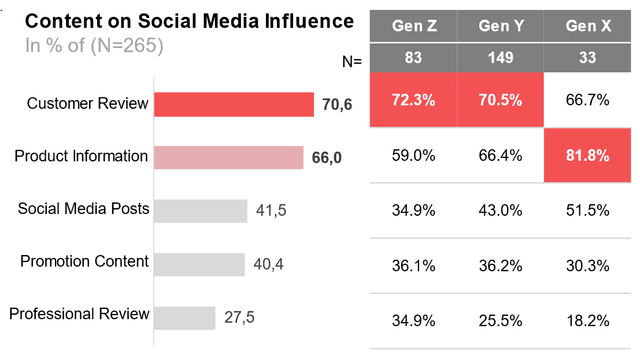Adapting to Market Shifts: Strategies to Engage Gen Z in the Digital Era
Gen Z has emerged as a key influencer in household purchasing decisions, making it imperative for brands to prioritize this demographic in their strategies.
In 2024, Gen Z constituted the largest population group in Indonesia, with 89,054,000 individuals—32% of the nation’s total population of 278,696,000. This cohort also makes up 35% of Indonesia’s productive age population, solidifying its position as a critical market for businesses across sectors.
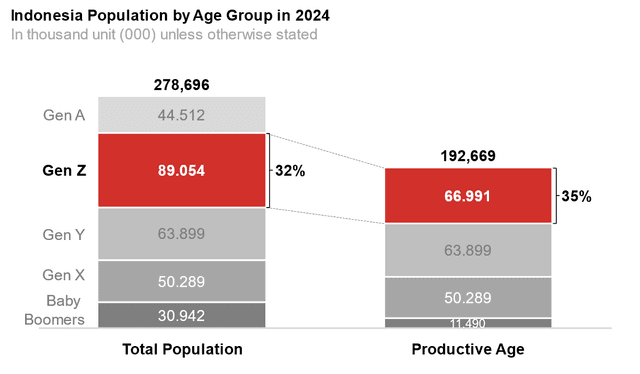
As Gen Z matures, their purchasing power is growing rapidly. Data reveals that 66% of Gen Z now possess financial independence. A significant portion (38.6%) earns their income without relying on family support, while 21.7% act as primary financial providers for their households, and 6% contribute as secondary financial supporters.
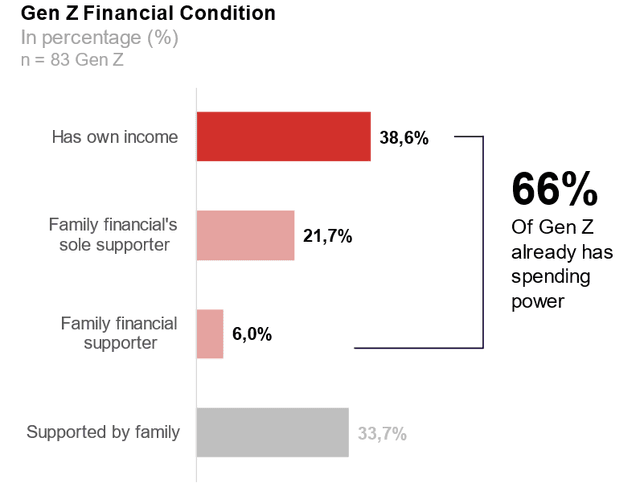
Beyond their increasing spending power, Gen Z plays a pivotal role in household purchases and workplace decisions. They act as influencers with the ability to shape others’ buying choices. For businesses in food and beverages, fashion, and daily necessities, this presents a tremendous opportunity, as Gen Z often recommends products in these categories voluntarily.
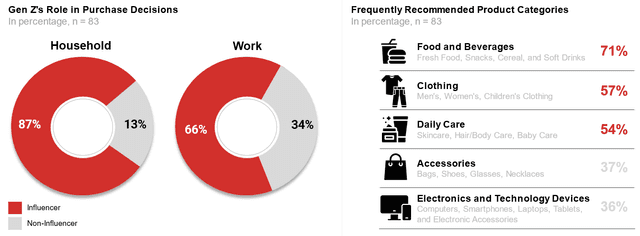
In this new era, Gen Z no longer prioritizes search engines for information gathering. Instead, they turn to social media, with TikTok emerging as their primary search platform, used by 24% of the demographic. This shift underscores the importance of social media not just as a content-sharing tool but as a critical touchpoint for brands to remain relevant when Gen Z seeks products or services.
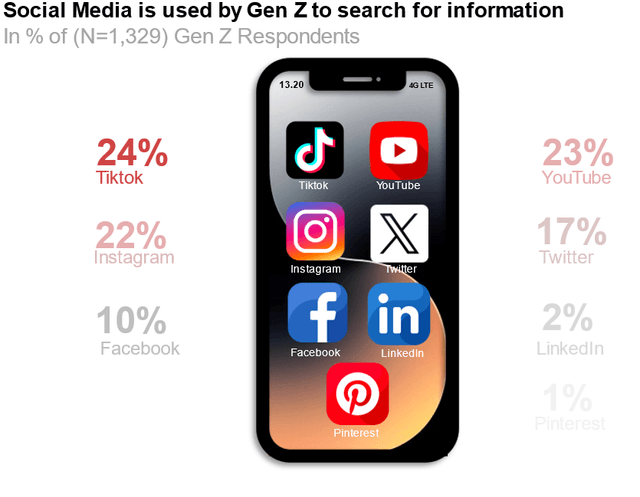
The growing influence of social media on purchasing decisions, particularly among Gen Z, demands a strategic shift from businesses. Young consumers place significant value on customer reviews, making user-generated content a powerful driver of engagement and trust.
